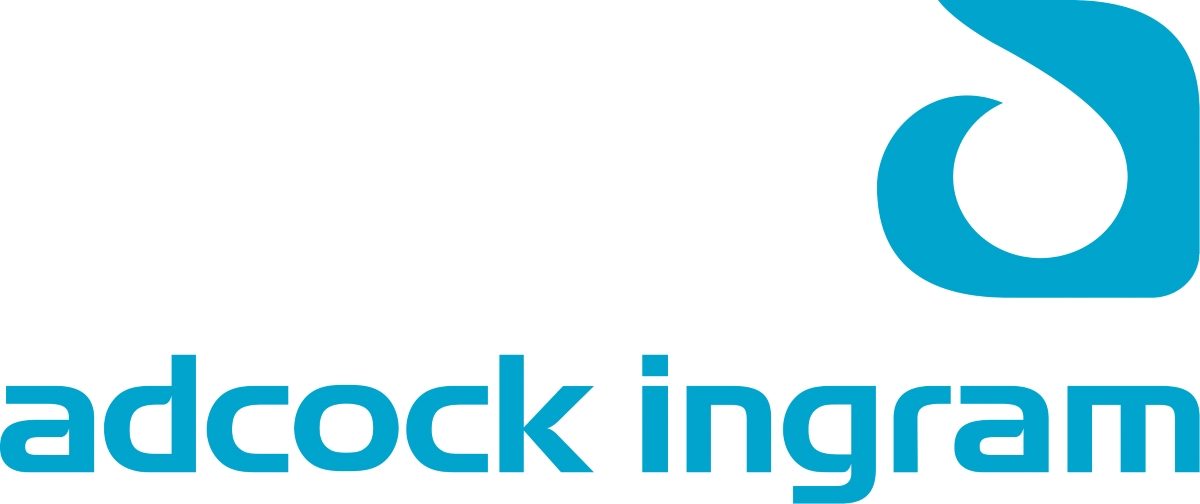Opinion Paper
Can overzealous reliance on evidence-based medicine overshadow good clinical judgement?
Submitted: 20 September 2023 | Published: 31 January 2024
About the author(s)
Leanne M. Sykes, Department of Prosthodontics, Faculty of Health, University of Pretoria, Pretoria, South AfricaGerhard Grobler, Department of Psychiatry, Faculty of Health, University of Pretoria, Pretoria, South Africa
Charles Bradfield, Department of Prosthodontics, Faculty of Health, University of Pretoria, Pretoria
Abstract
In the past, the doctor’s knowledge, clinical skills and judgement were the ‘main impetus for treatment decisions, therapy assessment and medical progress’, with the ‘emphasis being on protecting and restoring human well-being’. While the advent of evidence-based medicine (EBM) and the increased use of innovative technology have undoubtedly enhanced the practice of medicine and dentistry, overzealous reliance and application of these carries a risk of overshadowing the human aspects of clinical judgement and decision making. This paper uses a dental example to illustrate and caution practitioners against losing site of the patient in their quest to treat the condition. It is important for any practitioner who engages in radiology beyond conventional 2D imaging being liable to examine it in its entirety and to report on findings from the entire field of view. They may need theoretical and practical training to do this, as failure to detect and manage any pathology is considered negligence and is grounds for litigation. Alternatively, they can refer the patient to a trained radiologist if they would prefer an expert opinion. The area of dental radiography will be used for the following ethical and legal debate; however, the principles questioned could be applied to all specialist referrals. The ethical question relates to the issue of how to manage a patient where the clinicians based their treatment on the diagnosis and report given to them by an expert in some other related specialist medical field, but where the report was erroneous, resulting in an unforeseen adverse outcome. What makes the case more complex was the contradiction between the clinical judgement and the radiological findings, which only became evident at the time of surgery.
Keywords
Metrics
Total abstract views: 893Total article views: 553

